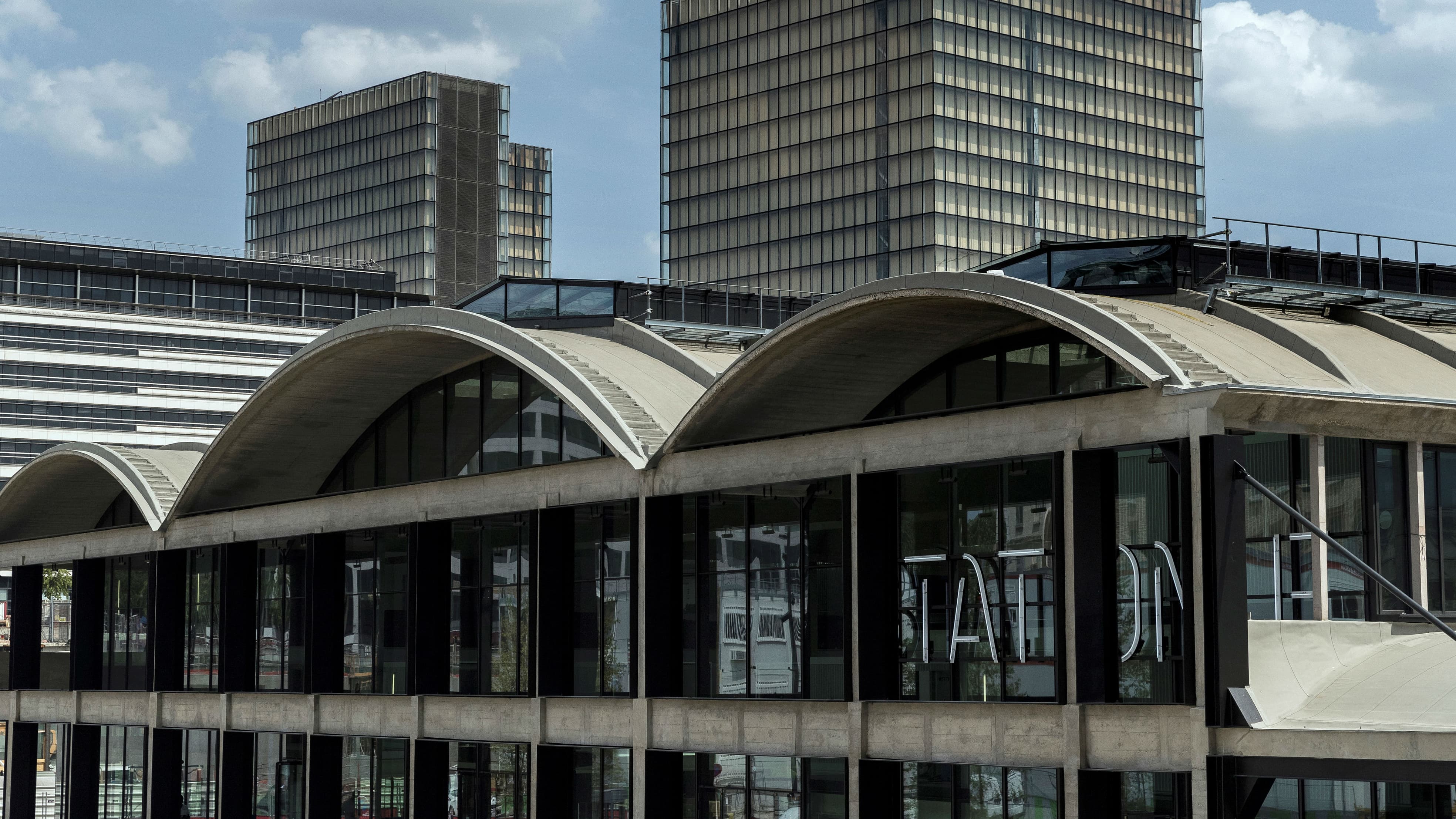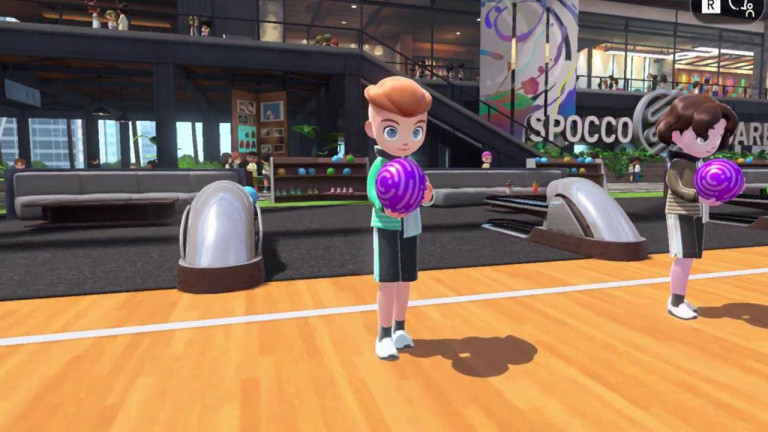
The Ukrainian city of Mariupol is about to fall to the Russians after a brutal siege that lasted more than 40 days. Recent accusations of a chemical attack are sparking fear in the coveted Kremlin city.
After more than 40 days defending the besieged city of Mariupol, the 36th Marine Brigade of the Ukrainian Army posted an alarming message on Facebook on Monday (April 11). “Today will probably be the last fight as ammunition is running low,” she wrote. “Some [d’entre nous] will die, others will be imprisoned. I beg you to think of the Marines.”
On Wednesday, the Russian Ministry of Defense announced that that more than a thousand Ukrainian soldiers surrendered to Russian troops in this port city in southeastern Ukraine. The spokesman for the Ukrainian Ministry of Defense said he had no information on this subject.
For the past six weeks, Russian troops have been working to surround and smother Mariupol. Humanitarian corridors are blocked. Civilians were attacked. Schools and hospitals have been bombed. Satellite images show a once thriving city in ruins.
According to the mayor, Vadym Boychenko, 90% of Mariupol’s infrastructure has been destroyed and the death toll could rise to more than 20,000. On April 11, he said there were corpses “on the street”.
On the same day, a new threat surfaced. The Azov regiment, a nationalist battalion embedded in the Ukrainian army, said a Russian drone dropped a “toxic substance” on troops and civilians in Mariupol, causing them respiratory and neurological problems. “The threat of chemical weapons is real, confides Katarzyna Zysk, Russian expert in military strategy, interviewed by France 24. The civilian population and the government have good reason to be very afraid of it.”
Avoid “unbearable humiliation”
The use of chemical weapons was prohibited by the international community after World War I† A ban reinforced by agreements signed in 1972 and 1993 prohibiting their development, storage or transfer.
Therefore, Russia’s use of chemical weapons in Ukraine would be a war crime, which it would nevertheless like to commit. “Russia is losing this war, this humiliation is unbearable and unacceptable to the Russian authorities,” continues Katarzyna Zysk. “Chemical weapons would tactically help to win battles, but would also put psychological pressure on the Ukrainian government to stop resisting and force it to accept Russia’s terms to end the conflict.”
The use of the chemical arsenal could also enable a rapid end to the Mariupol conflict. “Militarily it makes sense that Russia would try to take Mariupol as soon as possible, because it would free up a lot of troops for the planned offensive in the Donetsk region,” said Marc-Michael Blum, a chemical weapons expert and former laboratory director. of the Organization for the Prohibition of Chemical Weapons (OPCW), which France has contacted 24.
An overt and large-scale chemical attack would risk further outrage from the international community, already hostile to Russia. But a targeted, small-scale attack would be much more difficult to prove, especially in an inaccessible and closed area like Mariupol.
“In this city we have a small Ukrainian resistance that is isolated from the world,” emphasizes Marc-Michael Blum. According to him, “there is no chance” that people affected by a chemical attack will go to a hospital where samples can be taken. “They are more likely to be captured or killed by the Russians, the expert adds. So there are reasons to believe that Russia can conceal the use of chemical weapons because no one can prove that it did indeed happen.” However, Marc-Michael Blum is skeptical of the chemical attack reported by the Azov regiment.
A lack of evidence
For his part, Ukrainian President Volodimir Zelensky said on Wednesday that it was not possible to draw firm conclusions about the possible use of chemical weapons by Russian forces in Mariupol, noting that it was not possible to conduct a real investigation. in the besieged port city.
Proving that a chemical attack has taken place is indeed a long and complicated process, similar to that of other war crimes. Samples must be taken and analyzed on the spot, along with the collection of testimonials, videos, photos and other documents. “Only when you have proof of the use of a chemical weapon can you move on and wonder which party used it. But the step of attribution is even more difficult,” reveals Marc-Michael Blum. “The amount of really credible information [en provenance de Marioupol] is still very limited.
The fact that Russia does not officially possess chemical weapons complicates matters further. Moscow signed the Chemical Weapons Convention in 1993, which entered into force in 1997 and prohibits its signatories from building, developing or using chemical weapons. On September 27, 2017, the OPCW verified the total elimination of Russian-declared stockpiles of chemical weapons.
Except that several small-scale chemical attacks have since been attributed to Russia due to the proven presence of the Russian nerve agent Novichok. These include the attacks on Russian opposition leader Alexei Navalny in 2020 and on former Russian military officer and British double agent Sergei Skripal and his daughter Yulia Skripal in 2018.
Russia is also suspected of involvement in larger chemical attacks in Syria and Chechnya, but these suspicions could not be proven. “We lack credible information to indicate that Russia still has significant stockpiles, i.e. tons of chemical warfare agents, explains Marc-Michael Blum. But is this a possibility? Large country and authorities have a habit of trying to counterfeit to play by the treaties they have signed”.
Plausible denial and doubt
Moscow, for its part, maintains that the use of chemical weapons in Syria has been staged by Western intelligence agencies or that it is the work of opposition forces. If Russian troops were to use chemical weapons in Ukraine, Katarzyna Zysk expects similar claims. “A few weeks ago, Russian rhetoric surfaced about so-called ‘biolabs’ in Ukraine, which basically means that if there is a chemical attack, it could be Ukrainians,” she said. This creates doubt and the conditions for plausible denial.” The concept of “plausible denial” makes it possible to deny any direct intervention and maintain vagueness around the chain of command to free oneself from all responsibility.
Even before the invasion of Ukraine began, Russian Defense Minister Sergei Shoigu said in December that US military suppliers brought tanks “full of unidentified chemical components” to Ukraine to “provoke” Russia. On March 9, Washington warned that Russia could use chemical weapons in Ukraine and attribute their use to the United States to justify its invasion of the country. “In the case of Mariupol, we can also observe the situation in which the other camp finds itself,” adds Marc-Michael Blum. Ukraine is in a desperate situation, therefore there is interest in Ukrainian parties to account for a chemical attack that will never happened?
The Azov regiment, which reported the attack in Mariupol, is staunchly anti-Russian and was originally a neo-Nazi-style paramilitary militia created from 2014 to fight the pro-Russian forces in Donbass. Nevertheless, his announcement of a chemical attack prompted a quick response from the British government. “If chemical weapons are used, President Putin needs to know that all possible options are on the table about how the West might respond,” British Armed Forces Secretary James Heappey said.
Volodymyr Zelensky also took the opportunity on Wednesday to urge Western leaders to “act now” to prevent a future chemical attack from Russia. The United States reacted more measuredly. While Joe Biden has accused Russian president of “genocide” in UkraineThe White House has said the charges of chemical weapons use have not been verified — though it has expressed concern that Vladimir Putin would take the plunge.
‘This could be the fate of other cities’
For six weeks, the news from Mariupol is dominated by stories of destruction. Ukraine has accused Russia of causing a humanitarian crisis in the city by blocking corridors that would have allowed access to essential supplies and medical aid or the flight of its residents. Those who managed to escape described scenes “worse than in a horror movie”.
Whether chemical weapons have been used or not, the threat of such an attack, which has loomed for months, is heightening fear among the Ukrainian population. “There is a strong psychological element to it, Katarzyna Zysk believes. The threat of chemical weapons is very frightening.”
Creating fears of a chemical attack, even without taking advantage of it, could be a last resort for Russian forces to try to break the morale of civilians and troops in Mariupol and the rest of Ukraine. On the other hand, such an attack would be a way for the Russian army to create even more fear and quickly “clean up” the city. By doing so, she would gain an important victory in the eyes of Vladimir Putin and offer herself a strategic position that would allow her to block the Ukrainians’ access to the Sea of Azov.
Both options seem to serve the interests of the Kremlin. The only certainty seems to be that Mariupol will fall soon, and the magnitude of the destruction sends a clear signal in that sense. “Marioupol is a warning to the Ukrainian authorities, concludes Katarzyna Zysk. He says: ‘Look what we are doing here, it could also be the fate of other cities'”.
Article adapted from English – Find the original version here†




